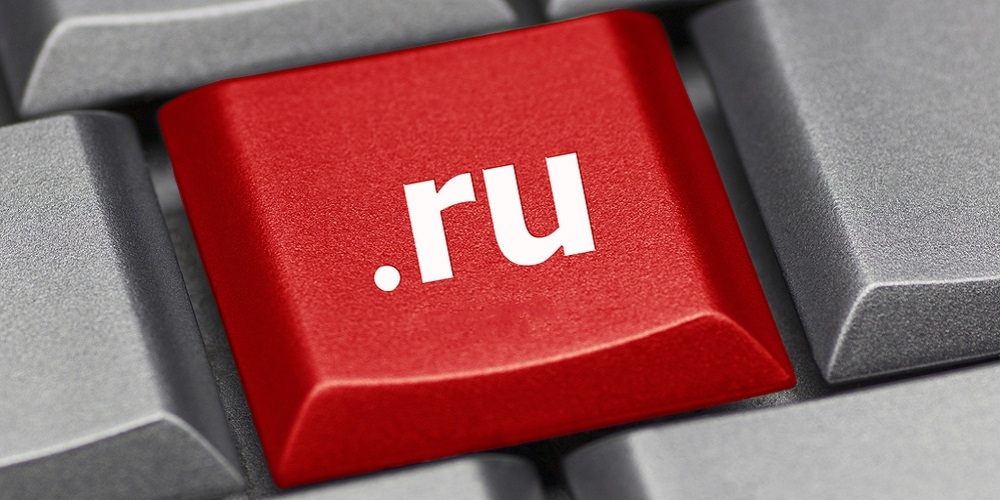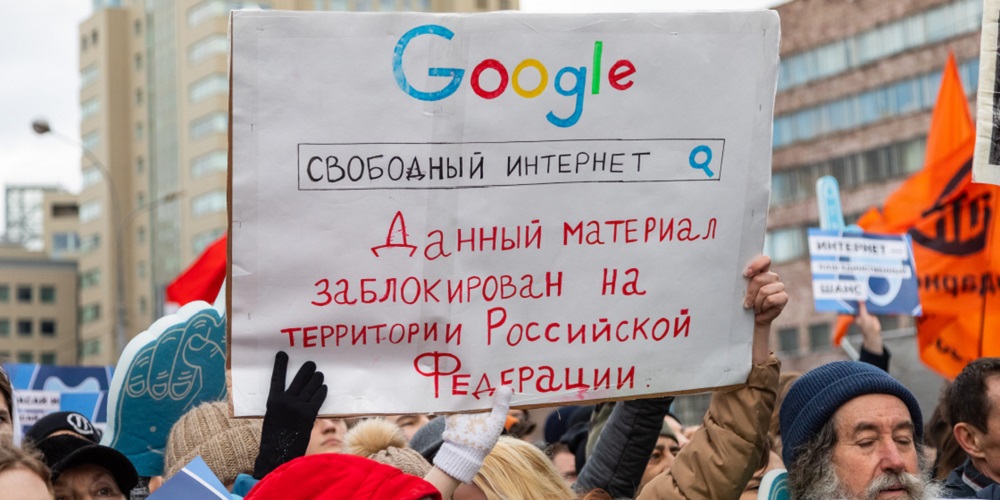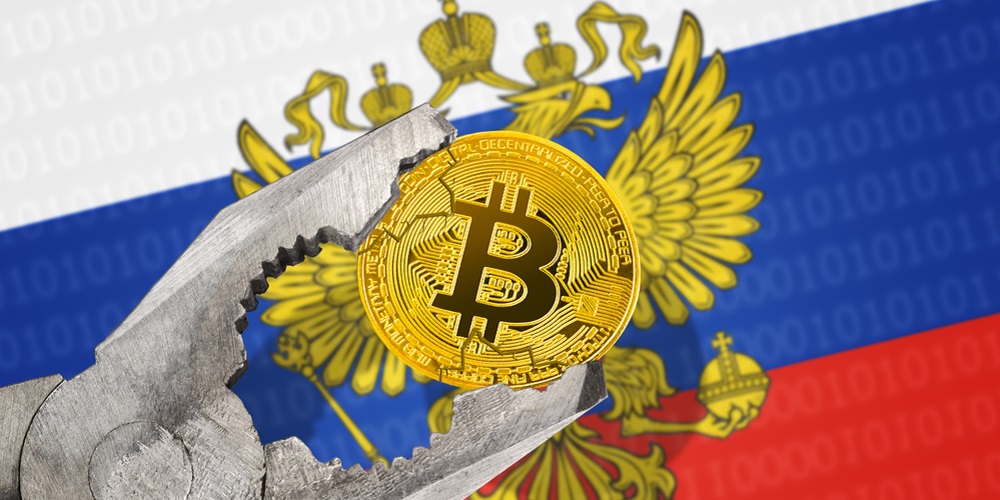Runet, the Russian segment of the internet, is about to be isolated from the rest of the web. A new law adopted by the State Duma aims to do so in order to supposedly protect it from external threats and turn it into a “sovereign” space. Russian taxpayers and end users will pay the bill for the extra security that is likely to affect internet businesses including crypto platforms.
Also read: Lithuania to Adopt Crypto Regulations Even Stricter Than the EU’s
Is Moscow Building Russia’s Great Firewall?
This week, the lower house of the Russian parliament adopted on third and final reading a draft known as the “Digital Economy National Program.” The legislation still needs the approval of the Federation Council – the upper house – before it’s signed by President Putin but the decisive support in the Duma, where over two thirds of the deputies voted in favor, is a strong indication of the political will to pass and implement the law.
Some of its key provisions include the introduction of a system that will channel Russian internet traffic through government-controlled routing points as well as granting unlimited powers to Roskomnadzor, which will be able to cut off non-complying internet providers. The country’s telecom watchdog will set up a monitoring center that will detect threats and issue instructions. Roskomnadzor will also create and maintain a national domain name system (DNS).

The new legislation is designed to ensure that online data transfers between Russian citizens, businesses and organizations are executed within the country instead of being routed internationally. Russia, which has been threatened by the West with sanctions over alleged cyber attacks, wants to build its own DNS system which will remain operational even if links to the servers based abroad are interrupted.
The Runet law is scheduled to enter into force in November this year, with the rules governing Russian domains and cryptographic protection of information expected to be introduced on January 1, 2021. The bill has already attracted criticism from different corners of Russian society, not least because its implementation has been estimated to cost the state budget at least 30 billion rubles (almost $500 million). There’s also a strong suspicion that Moscow intends to use the system for censorship purposes. Some have already likened it to China’s Great Firewall and protests have been held against it.
All Depends on the Opposition to the Law
Roskomsvoboda is one of the organizations that have voiced serious concerns regarding the adoption of the Runet law. It is fighting internet censorship while promoting freedom of information and self-regulation in the online space. Roskomsvoboda was established in 2012 when Russian authorities created a banned websites register. It is constantly monitoring the government’s legislative activities regarding internet regulation including restrictions imposed on web-based sources. News.Bitcoin.com contacted the project’s leader Artem Kozlyuk for his opinion on the upcoming changes.
“Of course we, like many other public organizations and internet companies, oppose the adoption of this absurd legal act,” he said noting that lawmakers assess “external threats” inadequately without defining them and prescribing counteractions. Kozlyuk believes Russian internet infrastructure will become more centralized under the new regulations, which will actually increase cyber risks. “Any decentralized system is always more robust against external influences, but the initiators of the bill are unwilling to realize that,” he added.

The activist emphasized that the legal texts are quite unclear and the sponsors of the draft want to put everything under government control, from domain names and cryptography to traffic filtering and routing. All this will create multiple threats – economic, technical and legal. On top of that, the government’s working group on IT and communications has estimated that the annual costs of maintaining the sovereign Runet will reach 134 billion rubles (over $2 billion).
“If these expenses fall on the shoulders of telecom operators, that will lead to increased internet costs for Russians. Internet connection can also be slower and constantly failing due to the filtering equipment through which all traffic will be passing,” Kozlyuk elaborated. There’s also a risk of monopolizing the internet services market and regional shutdowns and disconnections will likely be much more common.
At the same time, Roskomsvoboda’s founder thinks that it would be very hard to completely disable the rest of the internet in Russia. According to Artem Kozlyuk, the effectiveness of the blockade will depend on the position of internet providers and their readiness to resist censorship. “If they do that, then I am sure that internet resources like Telegram will continue to be accessible to Russians. Many VPN services have already refused to redirect traffic to Roskomnadzor and this is encouraging,” he commented.
Russian Crypto Industry to Be Affected
The Runet law is likely to negatively affect crypto businesses in Russia, some of which have already started looking for better regulatory climates for this and many other reasons. Russian lawmakers have been postponing the adoption of a package of bills meant to regulate digital financial assets and related matters since last year. The Duma is now expected to adopt them on third reading this spring.

“Currently, cryptocurrencies in our country are in the gray zone and crypto portals are often being prosecuted. But we have cases when our lawyers successfully challenged their illegal blocking,” remarked Artem Kozlyuk. Nevertheless, prosecutors continue to refer to Russian courts requesting the prohibition of one platform or another.
“Of course, in such conditions it’s difficult to provide these services and Russian developers have been looking towards other markets, where there are fewer risks of this kind and authorities demonstrate a more positive interest in this space,” said Kozlyuk.
What consequences do you expect from the new law isolating the Russian internet from the global web? Share your thoughts on the subject in the comments section below.
Images courtesy of Shutterstock.
Express yourself freely at Bitcoin.com’s user forums. We don’t censor on political grounds. Check forum.Bitcoin.com.
The post Russia Adopts Law to Isolate Runet From the Internet appeared first on Bitcoin News.
Powered by WPeMatico

